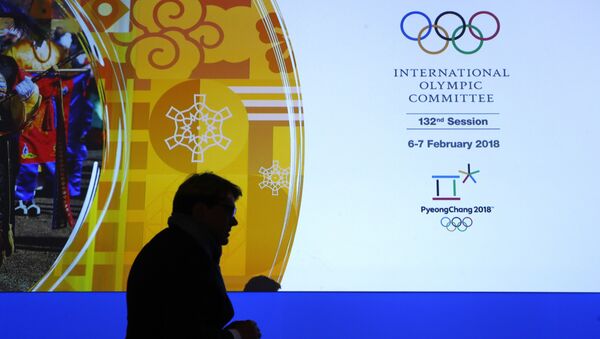"This [DBS] is very much a collaborative project between WADA [World Anti-Doping Agency], the IOC, the International Testing Agency, as well as several National Anti-Doping Organisations, including the United States, China, Japan, Switzerland and Australia. In a meeting between these partners, it was agreed that the DBS method should be implemented no later than at the Olympic Winter Games Beijing 2022 but that some aspects of DBS testing could be used as early as the Olympic Games Tokyo 2020", Bach said in a statement issued at the World Conference on Doping in Sport in Poland’s Katowice.
He described the method as one of the most promising research projects in the anti-doping efforts.
"In this respect, one of most the promising collective research projects is the Dried Blood Spot method. This DBS method could very well revolutionise the anti-doping fight, since it will allow for the fast, simple and cost-effective collection of samples that can be easily and cheaply transported and stored", Bach noted.
Commenting on the possible participation of Russian athletes in the upcoming 2020 Summer Olympics in Tokyo, the IOC president told Sputnik that the final decision on the issue would be made by WADA.
In September, WADA launched a new non-compliance procedure against Russia and gave the Russian Anti-Doping Agency three weeks to explain "inconsistencies" that the anti-doping watchdog found in probes received from the Moscow anti-doping laboratories earlier this year. After receiving the data from Moscow, WADA's investigation and intelligence department suspected that the records had been manipulated before being submitted.
Russia sent its response to WADA on 8 October, with the latter having vowed to analyse the information by the end of November.

